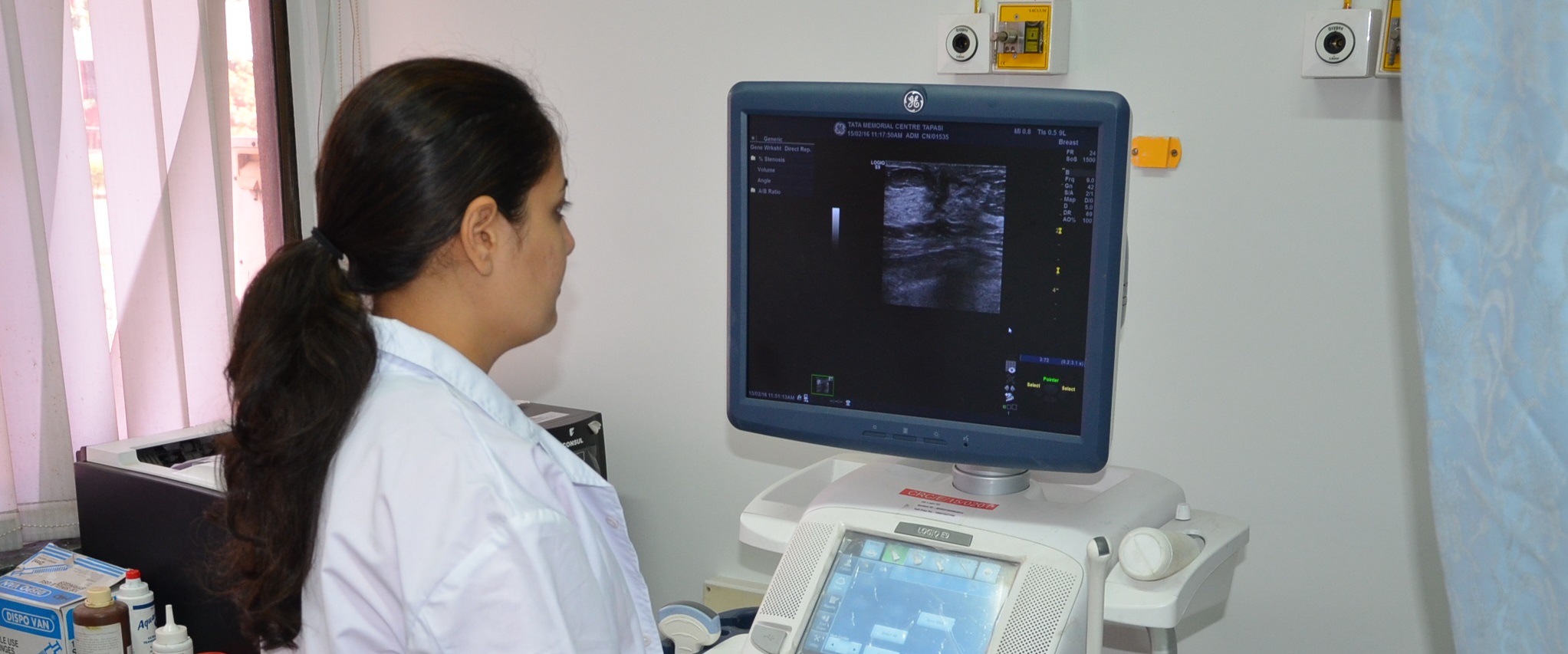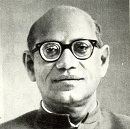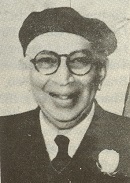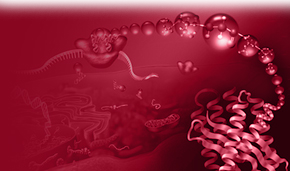|
|

|
|
Science Sparks @ ACTREC
|
 30 August 2021 30 August 2021
|
Vol. No. 10; Issue No. 490 |
|
|
|
|
|
|
|
|
Legends of Science
|

|
Bires Chandra Guha
Bires Chandra Guha obtained his PhD from the University of London. He specialized in Biochemistry and Industrial Chemistry. He and his associates worked on the vitamin and mineral content of several types of Indian food, fresh water and sea fish used for eating purposes, on the factors affecting the biosynthesis of ascorbic acid in animal tissues and also on the nature and properties of oxytocin from the posterior pituitary gland. Dr. Guha's work demonstrated the importance of biochemistry as the connecting link between molecular genetics and species evolution in life sciences. Dr. Guha was actively associated with Indian Science Congress Association's administration, ICMR, CSIR. The INSA has instituted the Bires Chadra Guha Memorial lecture in his honour.
|
|
| |

|
Zal Rustam Kothavalla
Zal Rustam Kothavala obtained his DSc degree from the University of Bombay in 1946. He specialized in dairy science and animal husbandry. He was one of the first Indians to specialize in dairy science, genetics and cattle nutrition. He did a detailed study of cattle and unorganized dairy industry. He was Director, Dairy Research, Ministry of Agriculture, Government of India. Dr. Kothavalla received Silver Medal from the International Dairy Federation of the world in 1949 and Gold Medal from the University of Bombay.
|
|
| |
|
|
Do You Know?
In 1998, the United States Food and Drug Administration (FDA) approved the first antisense oligonucleotide drug, fomivirsen, for the treatment of cytomegalovirus (CMV) retinitis in individuals with AIDS.
|

|
|
|
Cancer News
|
| |
|
Biomarker may help predict benefits of immunotherapy
|
|
25 August 2021, ScienceDaily
|
|
A group of researchers reported that a specific pattern, or 'signature,' of markers on immune cells in the blood is a likely biomarker of response to checkpoint immunotherapy. Within this immune signature, a molecule LAG-3 provided key information identifying patients with poorer outcomes…
|
|
|
| |
|
|
|
|
|
|
| |
|
|
|
|
© 2021 Advanced Centre for Treatment, Research and Education in Cancer (ACTREC)
|
|
